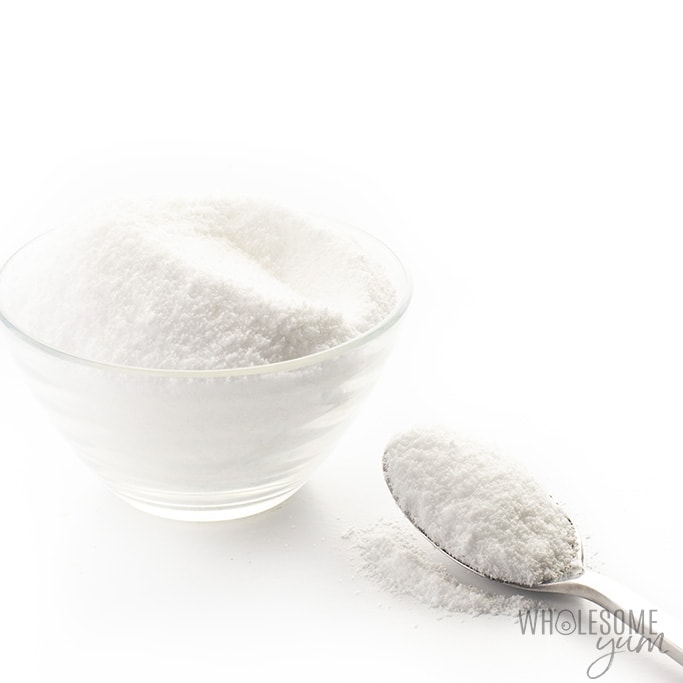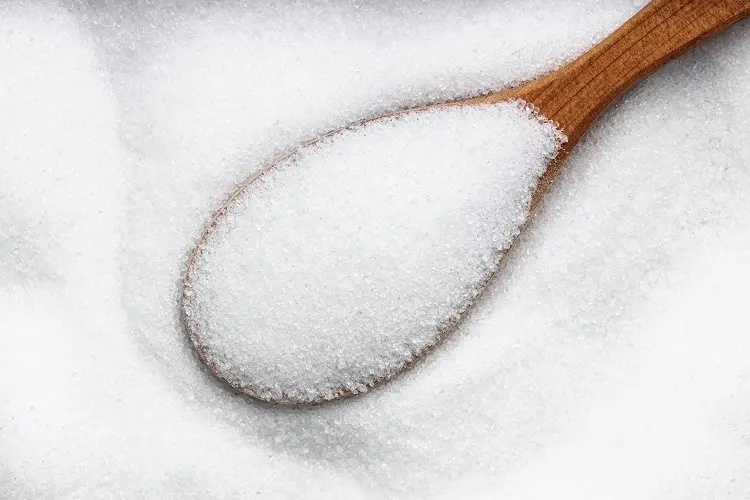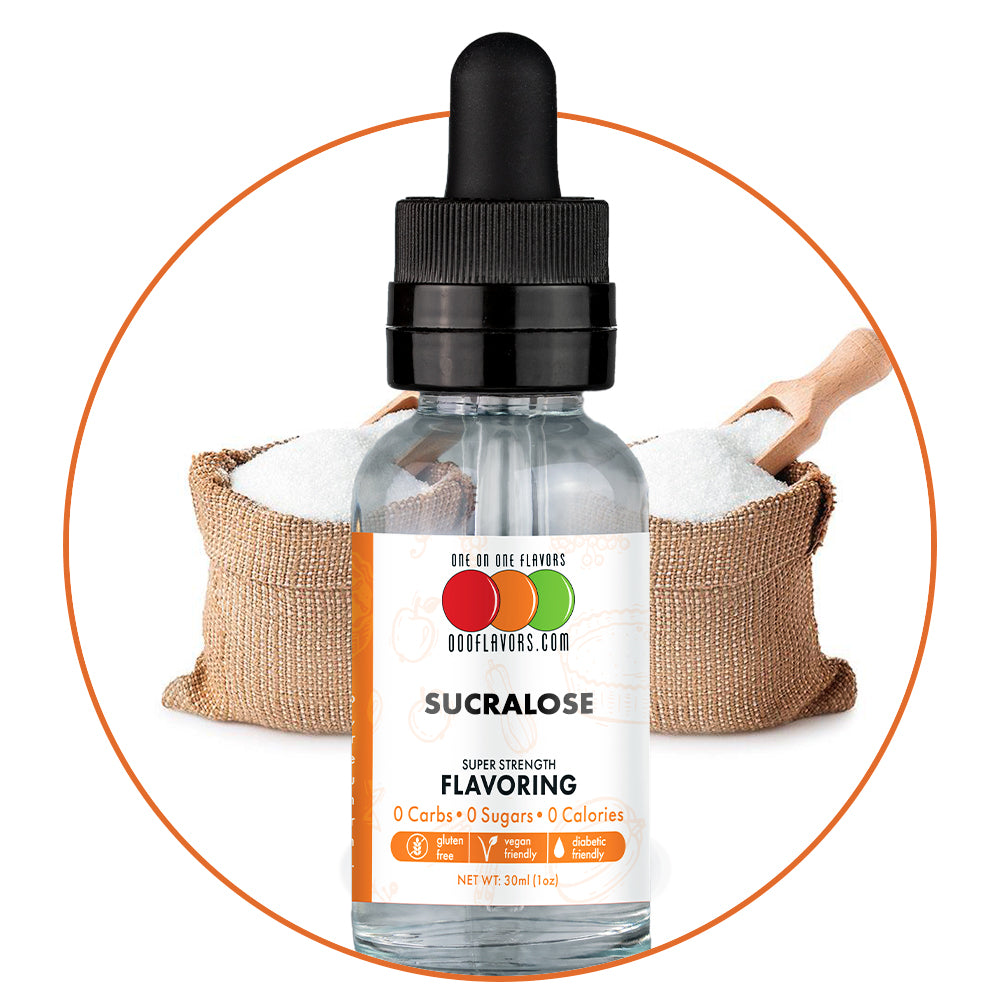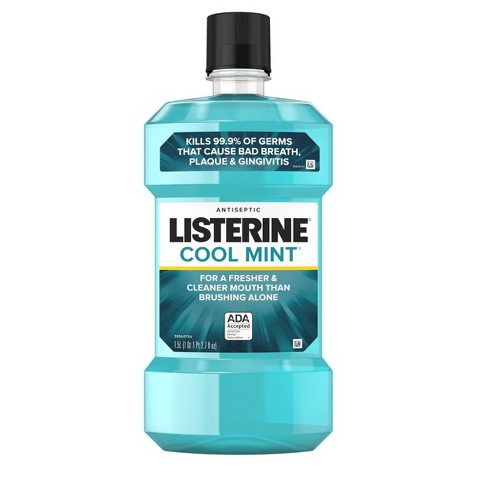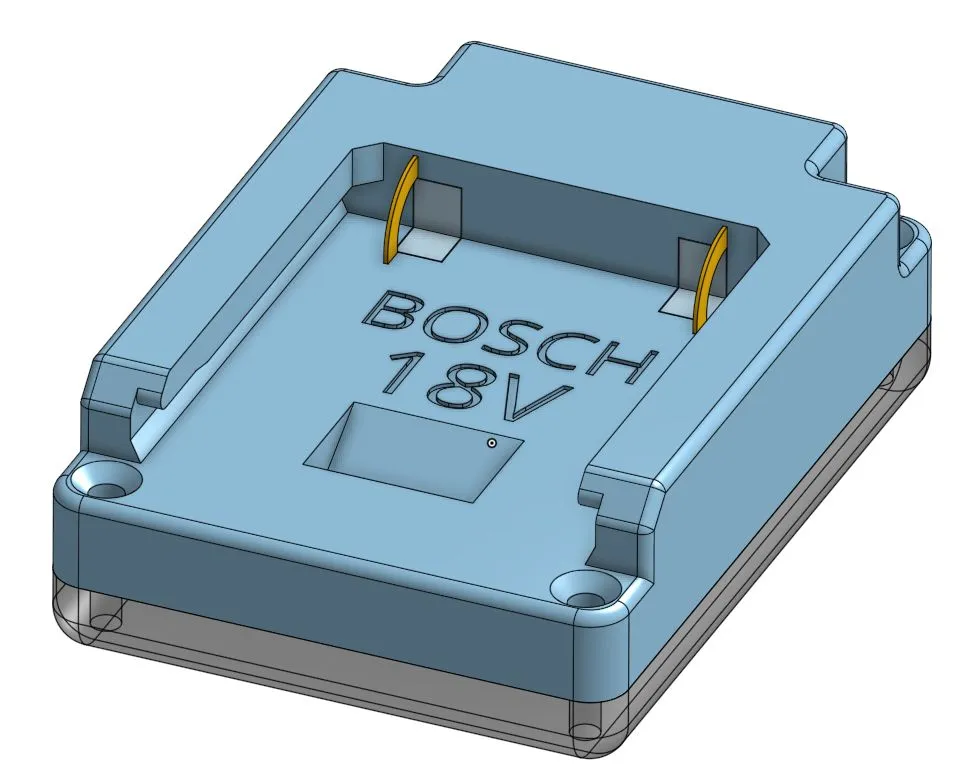Sucralose: Safety and Evidence
Par un écrivain mystérieux
Description
Sucralose is a zero-calorie chemically synthesized sweetener that is extracted from sucrose. Sucralose is 650 times sweeter compared with naturally extracted sugar. It is often used in a wide range of fizzy drinks, table-top sweeteners, salad dressings, baking mixes, breakfast cereals, and chewing gum due to its bitter-free aftertaste.

Sucralose (Splenda): Good or Bad?
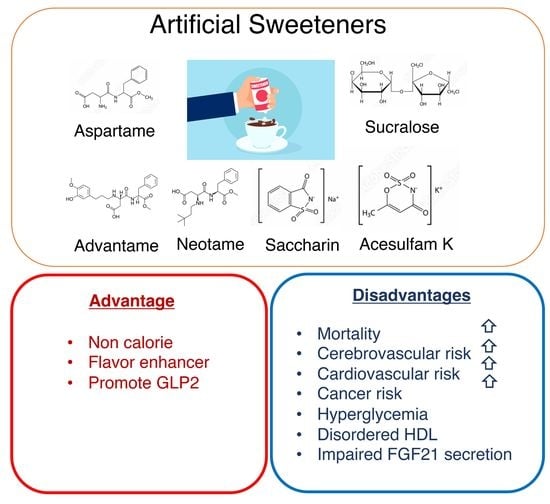
Nutrients, Free Full-Text
NC study discovers chemical in common sweetener damages DNA, can cause cancer — A new study discovered that a chemical found in Splenda [Sucralose] damages DNA. : r/Health

Artificial sweeteners and risk of cardiovascular diseases: results from the prospective NutriNet-Santé cohort

Sucralose: Popular Artificial Sweetener May Harm the Immune System, 5 Healthier Alternatives
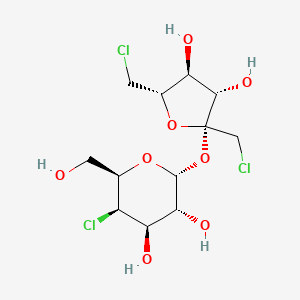
Sucralose, C12H19Cl3O8

Lack of potential carcinogenicity for sucralose – Systematic evaluation and integration of mechanistic data into the totality of the evidence - ScienceDirect
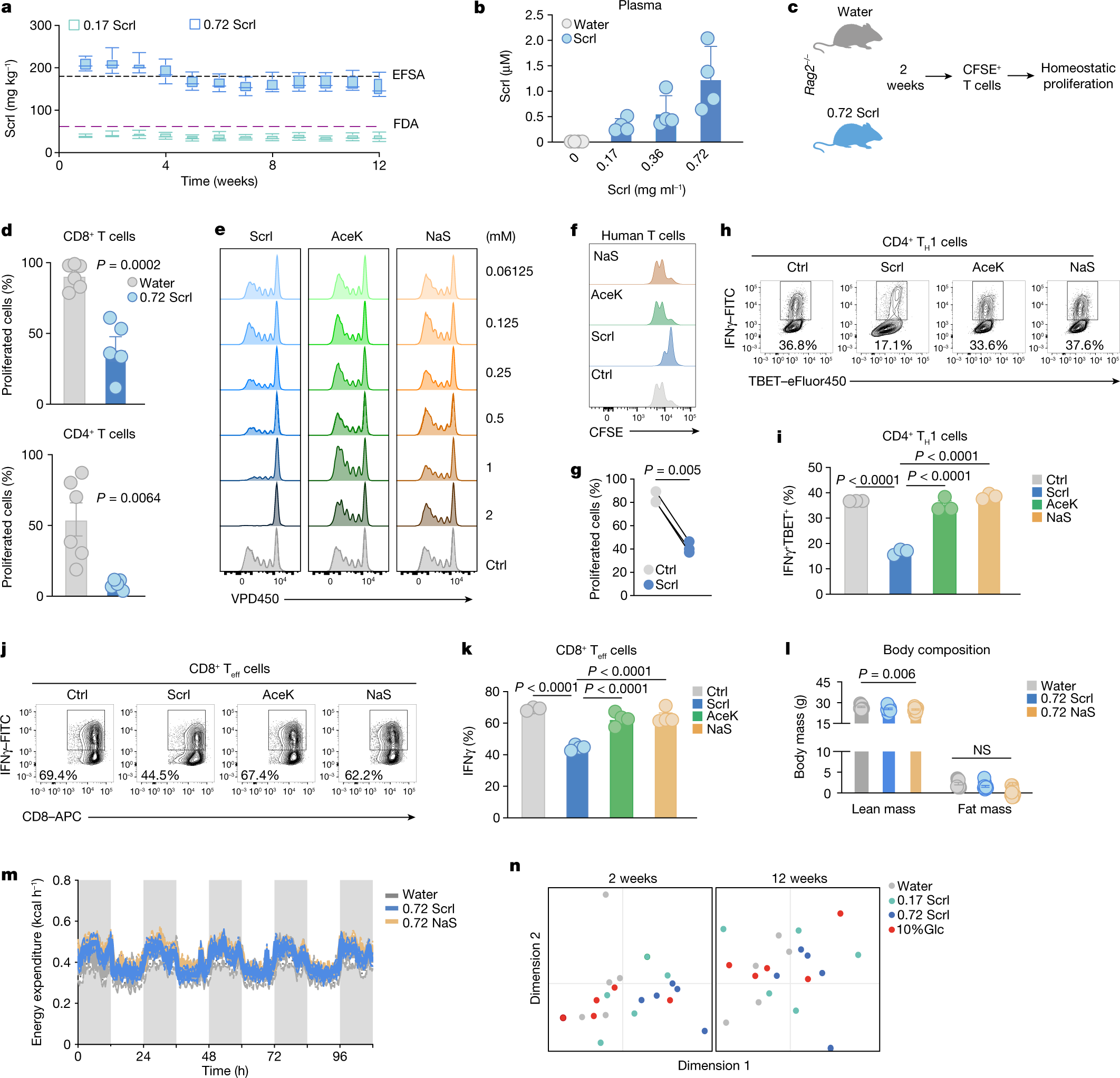
The dietary sweetener sucralose is a negative modulator of T cell-mediated responses

Full article: Toxicological and pharmacokinetic properties of sucralose-6-acetate and its parent sucralose: in vitro screening assays

Confused about sweeteners after new recommendation? MUSC dietitian has answers, MUSC
depuis
par adulte (le prix varie selon la taille du groupe)
